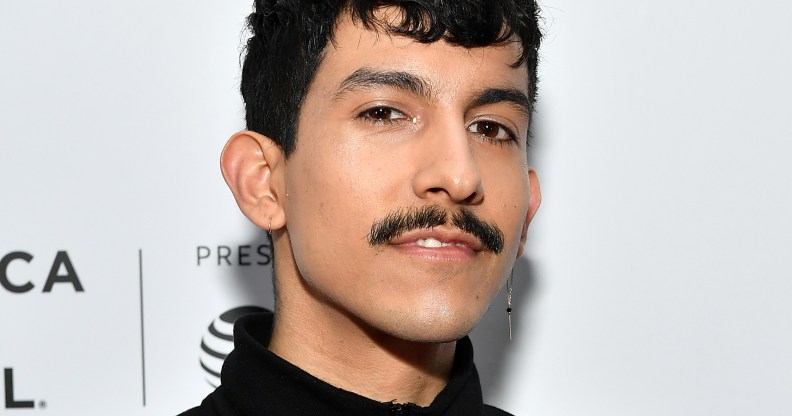Head of LGBT+ content at Netflix mysteriously and suddenly leaves the company

Fran Tirado on May 4, 2019 in New York City. (Getty)
Fran Tirado, the brand and editorial strategy lead of LGBT+ content at Netflix, has mysteriously left with rumours that he was ousted by the company.
Tirado had been working on LGBT+ content for Netflix for just 10 months when he wrote on Twitter last week: “This marks my last week at Netflix.
“While I’m SO grateful for my time there and what I’ve accomplished, I am (like many of my media colleagues) also looking for what’s next.”
He added: “I can’t leave without giving a big shoutout to Netflix’s editorial team and my writers’ room who were an absolute joy to work with and learn from. Can’t wait to see what y’all do there next.”
I can’t leave without giving a big shoutout to Netflix’s editorial team and my writers’ room (@rosedommu, @evanrosskatz, @jpbrammer) who were an absolute joy to work with and learn from. Can’t wait to see what y’all do there next. ✨
— Fran Tirado (@fransquishco) May 21, 2020
He did not give any reason for his departure from the streaming platform, but exactly a week before the New York Times published a lockdown week-in-the-life profile of him.
According to Page Six, some are wondering whether Netflix knew about the interview beforehand.
In the profile he gives some thoughts on Netflix’s rivals, for example that he is “a little confused by Mrs America on FX”, and reveals some information about his job.
At one point, he says that he skips “an early morning Q&A” by the Netflix chief executive to work on his own writing project.
Tirado told Page Six in a statement: “I am unable to comment outside of what I’ve shared on social.”
On the coronavirus panemic, and perhaps foreshadowing his departure, Tirado told the New York Times in his profile: “Queer and marginalised people are historically resilient and have a proven track record of thriving in the face of adversity, pandemic and crisis.
“I know that we will come out of this thing stronger than ever, and it will be the most marginalised that lead the charge on creative ways we used our time and produced digitally despite it all.
“We’ve already seen so much of it, and it’s just going to get better.”

